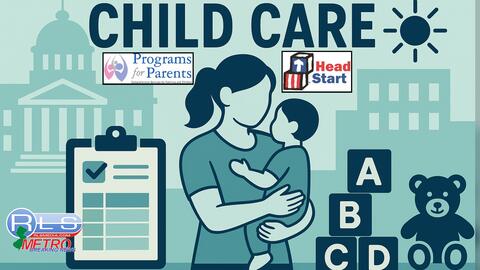By: Richard L. Smith
Every now and then, an education policy change quietly rolls in, not with big headlines or press conferences, but with a simple announcement on a government website.
Yes, that's exactly what’s happening in New Jersey this summer, particularly in cities like Newark, Paterson, Camden Irvington, and other places around NJ.
And yet, I’ve come to realize that even one change can ripple through the lives of thousands of families. As a former long-time teacher in New Jersey, I can’t help but worry about what this means for our children’s future.

Starting Friday, August 1, 2025, New Jersey’s Child Care Assistance Program (CCAP) will stop accepting new applications due to limited funding.
According to information released by ChildCareNJ.gov, applications received or postmarked after July 31 will not be reviewed.
Children already receiving assistance through the program will continue to be supported as long as they remain eligible, but no new children can be added, not even siblings.
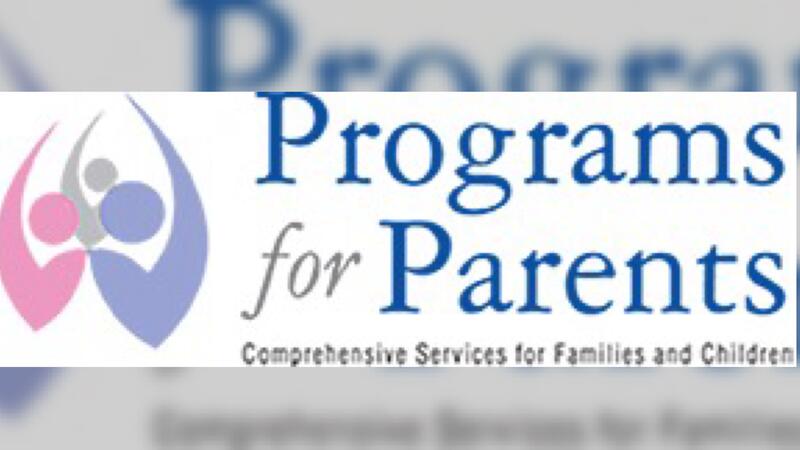
This update, while administrative on the surface, is already sending shock -waves through day care centers and support agencies across the state.
Several child care providers in Newark and Irvington, who asked to remain off the record, expressed growing concern during my visit to some of the learning center.
Many believe the decision will have a significant impact on working-class families, especially immigrants with U.S.-born children, and could further strain communities already navigating high costs and limited resources.
It makes me wonder, could these kinds of policy shifts quietly signal a broader effort to push families, especially those with deep but complex ties to this country, to reconsider where they call home?
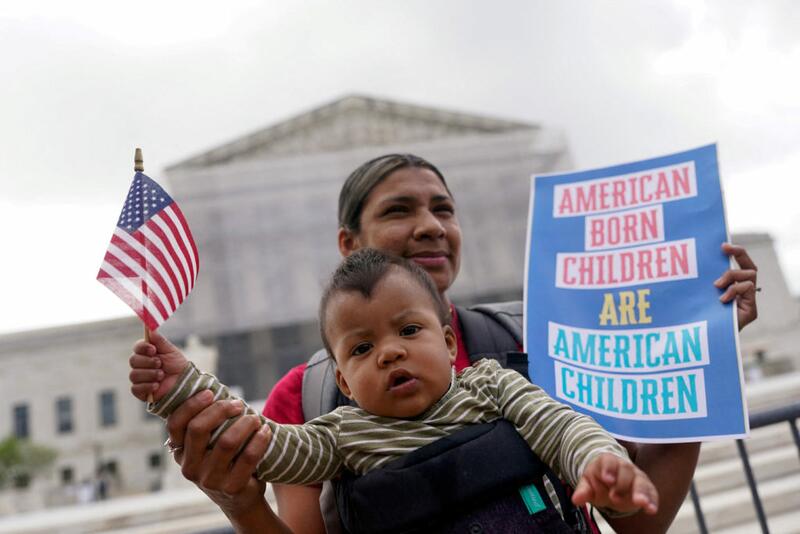
While the state has not officially connected these funding issues to federal policies, the reality on the ground feels familiar to some.
Over the past several months, specifically during the Trump administration, there have been repeated attempts to question or limit birthright citizenship, as well as efforts to restrict access to public assistance programs for children of undocumented parents.
This latest move, cutting off new child care aid, does not directly reference immigration status, but the implications are hard to ignore.
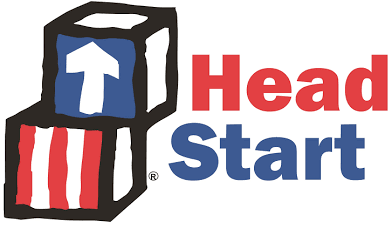
While working at a Newark Public school for over 20 years, I often saw the quiet anxiety in students who worried that their immigration status, or that of their parents, might one day prevent them from going to college or pursuing their dreams. 
These were bright, ambitious teens who were born here, raised here, and contributed to our communities just like anyone else. But in the back of their minds, there was always uncertainty.
Yes, that same feeling is starting to resurface with the recent announcement that New Jersey’s Child Care Assistance Program will stop accepting new applications starting August 1 due to limited funding.
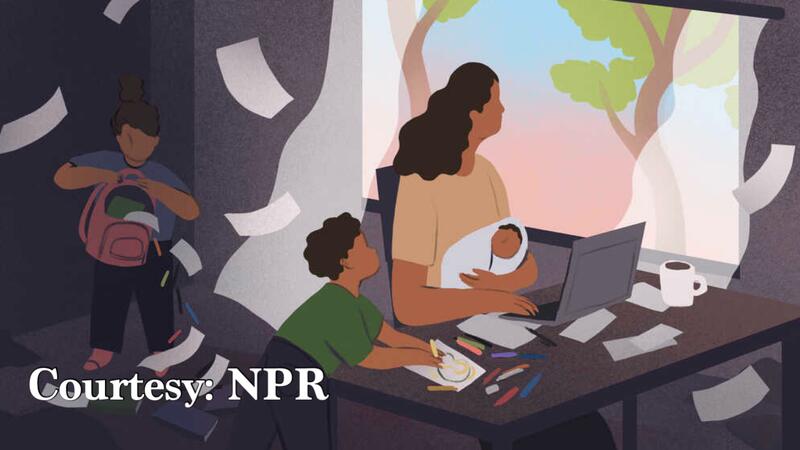
The concern among providers and advocates is that these policy shifts could disproportionately affect mixed-status households, where children are citizens but their parents are not.
Even the Program for Parents website, one of the primary child care support agencies in Essex County, flashes a warning: new children will not be accepted. The same is true on the Head Start site, which suggests families check for eligibility but offers no guarantees of placement.
This change doesn’t just affect parents struggling to afford child care. It has the potential to stretch school readiness programs, limit workforce participation for caregivers, and place additional burdens on social service systems.
Cities like Newark, Irvington Township, Camden, and Paterson that have long depended on these programs to help lift up low-income families may soon find themselves trying to do more with even less.
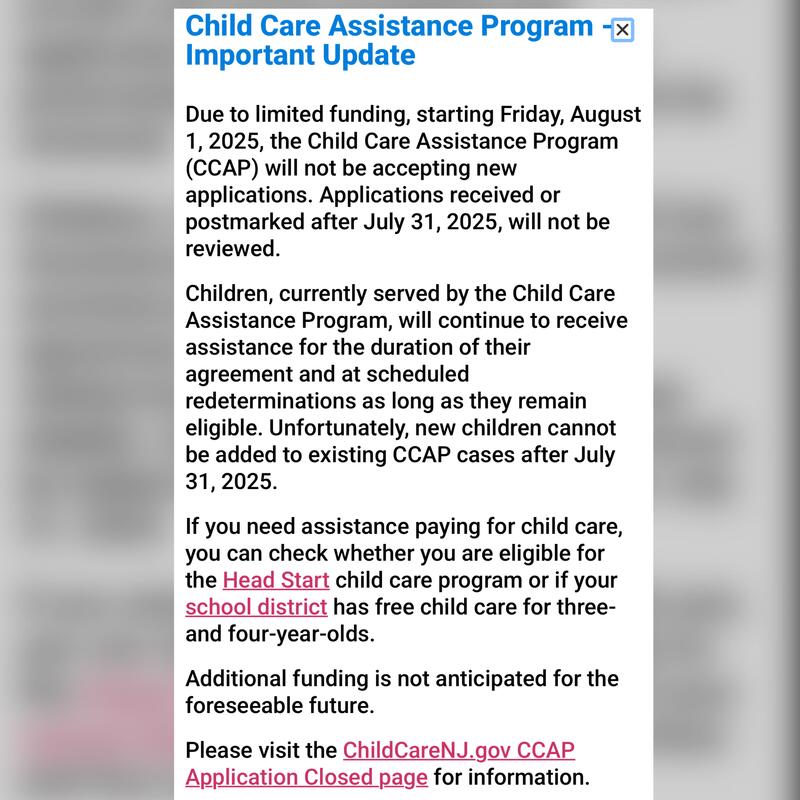
For those in the community, whether you’re a parent, educator, social worker, or simply a neighbor, now is the time to stay informed. These changes may not be making national news, but they will shape the day-to-day lives of many in our neighborhoods.
I’ve found that on the surface, it may seem like a budget issue, but for families across the state, especially those with mixed-status households, it feels like a warning shot.
Programs that once offered stability are being quietly phased out, and it’s the children—citizens by birth—who I think are now being left without access to essential early learning services.
When early childhood care is cut, the entire system feels it: schools, social services, law enforcement and working parents alike. If we’re not careful, these changes will have long-term consequences that go far beyond child care, they will define who gets to feel secure in their future, and who continues to live in fear of being left behind.
Families are encouraged to visit ChildCareNJ.gov, ProgramforParents.org, or the Head Start website for more information on eligibility and possible alternatives. At this point, however, additional funding is not anticipated in the near future.
I’ll be following this story closely in the weeks ahead. Because when support for early childhood care begins to falter, it’s not just a setback for parents, it’s a warning sign for the future of our communities.
